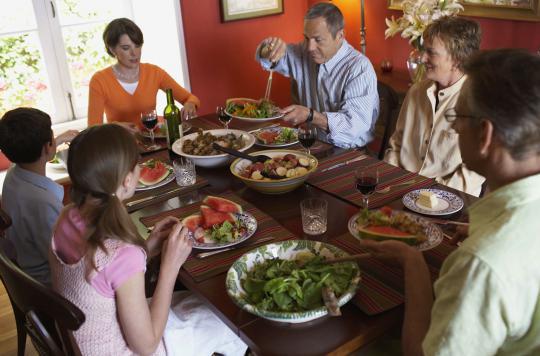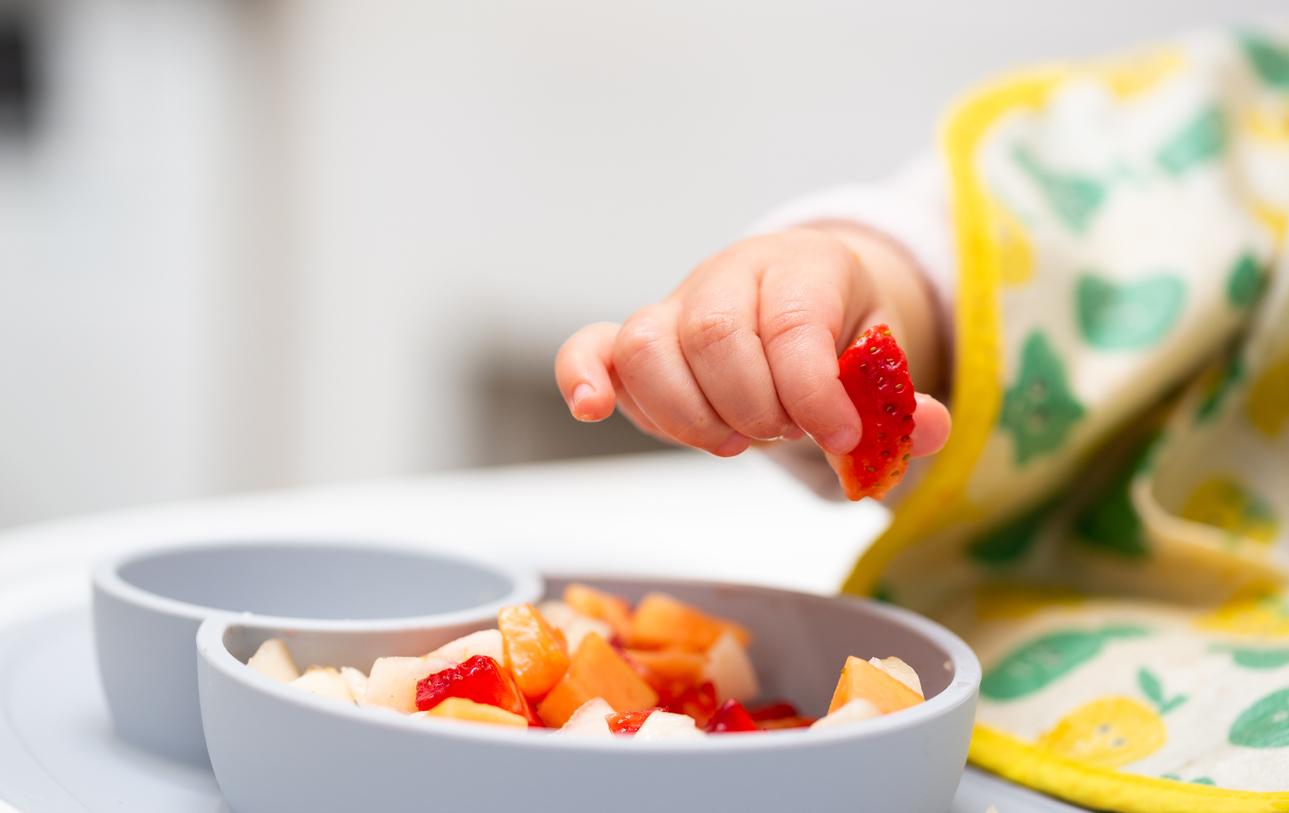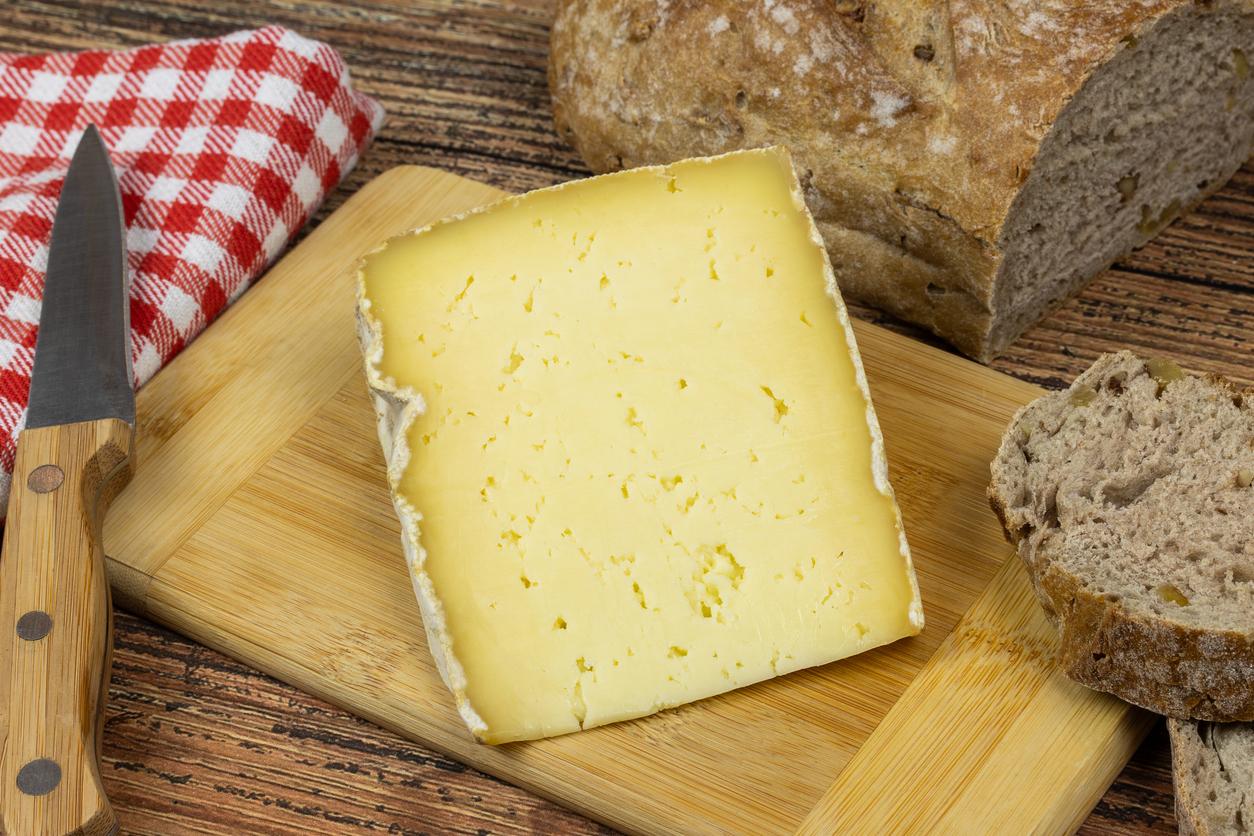The family is the main place of culinary learning in childhood. As explained by Dr. Patrick Serog, nutritionist, the meal ritual allows to transmit flavors and values.

Family meals make it possible to give a culinary identity but also to ensure the transmission of values. On this occasion, the child can interact with the parents and discover new flavors. Dr Patrick Serog delivers “his recipes” to persuade the child rather than to coerce him, to show flexibility without giving rise to bad habits. Like the good ones, they are durable.
Why is the ritual of the family meal so important?
Can a child be taught to love a food that he or she hates?
Should we force the child?
How would eating as a family reduce the risk of obesity?
Eat in front of the TV?
How can school extend family transmission?
Are family fast food restaurants to be banned?
How to maintain the family meal in adolescence?
Should we advise parents to cook and shop with their children?
 Dr Patrick Serog’s answers,
Dr Patrick Serog’s answers,
nutritionist doctor in Paris
pourquoidocteur.com: Why is the ritual of the family meal so important?
Dr Patrick Serog : He will be able to give children the way in which we should behave at the table and in society. We learn a lot of things at the table, for example the civil manners which will allow us later to correspond with the others in a pleasant atmosphere and exchange.
Can a child be taught to love a food that he or she hates?
Dr Patrick Serog: Yes, in the form of a game by defining a food that he doesn’t like. The child will only have to taste and then give a mark to this dish which will go from 0 to 10. Then, we will present this dish to the child about fifteen times in the space of several months and we will keep all the assigned marks. We will see over time a progression of his taste vis-à-vis this food and little by little he will accept certain foods that he previously hated.
And force the child …
Dr Patrick Serog: No, because he’s going to steer. On the other hand, it is just necessary to require of him that he tastes then that he notes. At the beginning, he will not like and will put 0 then little by little the progression will be done.
How would eating as a family reduce the risk of obesity?
Dr Patrick Serog : Several studies have shown this, in particular a Canadian study. Already when we eat as a family, we watch less television. We can then make more complete meals; with the duration, one will feel the satiation. You also learn that there is a succession of dishes and that you have to take your time between dishes. This makes it possible, for example, to avoid snacking during the afternoon.
So that excludes eating in front of the TV?
Dr Patrick Serog : It is very bad to eat in front of the TV because the image is very captivating on the attention and we will not know what we are eating. It will then be very difficult to have the feeling of fullness. In fact, we are satiated with images but absolutely not with the food that we swallow.
How can school extend family transmission?
Dr Patrick Serog : This is not the right place. First, because we are in a social group of the same age with often competitive behavior. The atmosphere is noisy. This context encourages eating quickly because other students are waiting behind. In addition, we are faced with a diet that is not necessarily to our taste. But often it goes quite well, especially in early childhood. Governments have implemented decrees in recent years which have resulted in our children being fed less fat and therefore better in schools.
Are family fast foods to be banned?
Dr Patrick Serog : No, first you can even make burgers at home with less fat fries than those you will find in commercial fast food restaurants. You have to go in a certain moderation, you don’t have to go there all the time. What is most often a problem is the frequency because children go there a lot when they leave school. In this case, it is not good for their health.
How to maintain the family meal in adolescence
Dr Patrick Serog : During this period there is a significant rejection of the adolescent vis-à-vis the education of his parents; it does not matter much as long as the parents maintain a certain family cohesion with a few meals. with family. Whatever the teenager learns during these meals, he will reproduce it later as an adult. Parents must also accept that he eats out a little bit. Adolescence is a period that allows young people to individualize and identify themselves. The apprenticeship period was done before.
Should parents be advised to cook and shop with their children?
Dr Patrick Serog : It is a magnificent act of transmission. This is the best time for parents to pass on their eating habits, tastes and thoughts about eating. For children who do not like to cook, they should be encouraged to decorate the table, for example. The children will then be very proud to have participated in the staging of the family meal.
Interview by Bruno Martrette
.

















